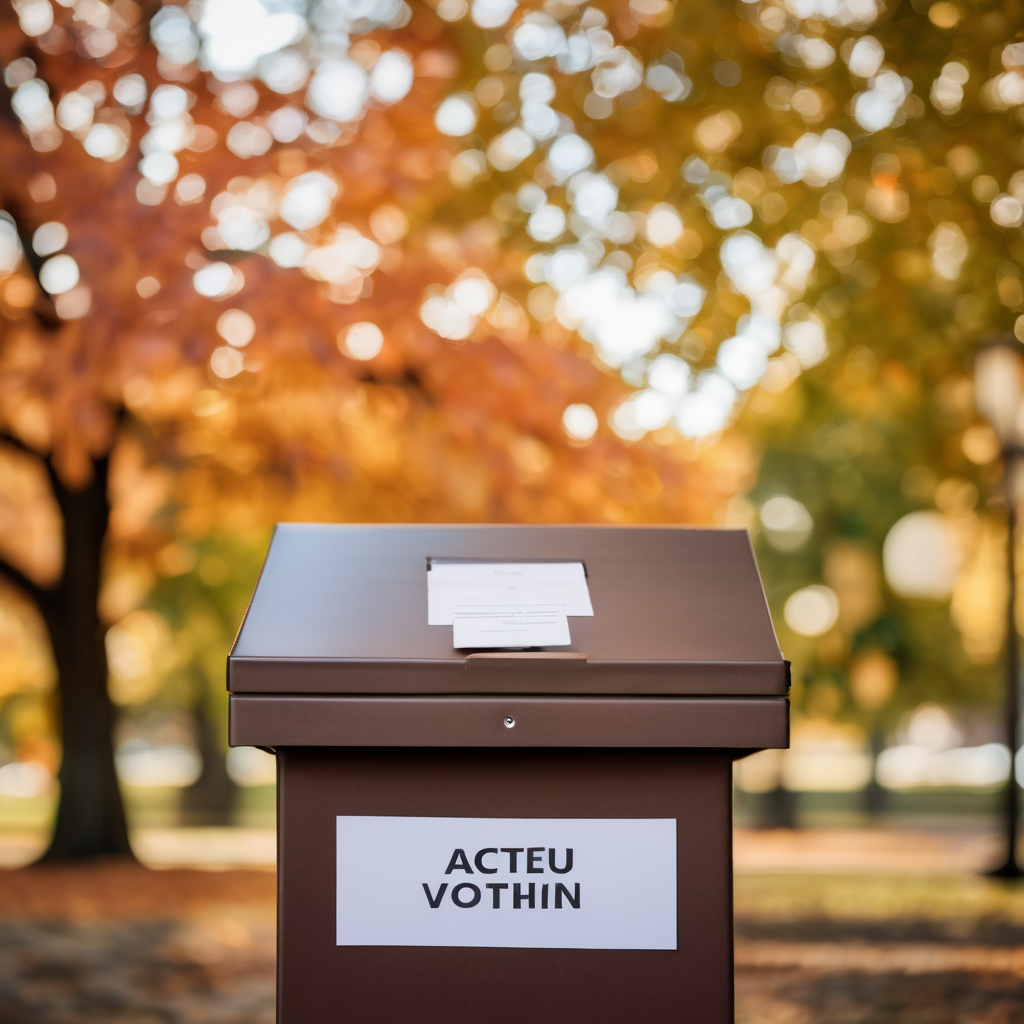On Tuesday, residents across North Carolina will head to the polls to participate in municipal elections, a pivotal moment that will shape local leadership for years ahead. With elections taking place in most of the state’s 551 cities, towns, and villages, voters are tasked with selecting officials who will influence key decisions on development, infrastructure, safety policies, community events, and taxation, among other issues.
Voters can verify whether their city or county is holding elections by using an interactive map available on the North Carolina Board of Elections website. Additionally, individuals can find a sample ballot that outlines specific races they are eligible to participate in by checking their voter registration online.
Municipal elections in North Carolina are typically nonpartisan, meaning candidates are not affiliated with political parties on ballots. However, local party groups, special interest organizations, and community groups often endorse candidates, providing voters valuable information about their options. Prospective voters are encouraged to explore candidates’ official websites or social media platforms for their stances on various issues.
Polls will operate from 6:30 a.m. to 7:30 p.m. on election day, and individuals can cast their votes at their assigned precincts. It’s important for voters to note that identification is required, and those without valid ID may complete an exemption form, although approval is not guaranteed. Additionally, voters who experienced challenges during registration are advised to use specific types of ID to ensure their participation.
The stakes are particularly high in small towns where elections can often be decided by just a handful of votes, sometimes even leading to coin flips for ties, reflecting the significant impact of individual voter turnout. In places like Sylva, local leaders have previously resorted to coin tosses to resolve tied elections, emphasizing how every vote counts.
With early voting concluded, residents with mail-in ballots can either discard them and vote in person or deliver their completed ballots directly to their county elections office, as polling places cannot accept them.
Focus on key counties has drawn attention, especially in Wake County, home to a plethora of races that will influence growth in Raleigh’s suburbs. Voters will decide on mayors and council members across several towns, including Cary and Angier. Cary’s elections are particularly noteworthy, as the council composition changes with current incumbents facing challengers.
In Durham, Mayor Leonardo Williams seeks reelection after winning the primary, where he substantially outperformed his challengers. However, he now faces Anjanee Bell, daughter of a former mayor. Council races in Durham also feature incumbents facing stiff competition.
Fayetteville’s election spotlight centers on Mayor Mitch Colvin, who is defending his position against city council member Kathy Keefe Jensen. This election will not only influence the city’s direction but also impact council dynamics, as all nine council seats are contested.
As these local elections unfold, the engagement of North Carolina voters remains critical in shaping their communities’ futures, showcasing the power of grassroots democracy in action.
